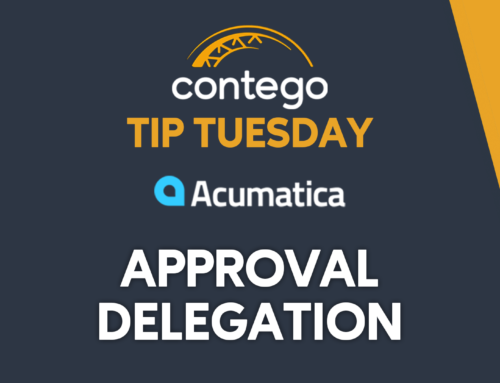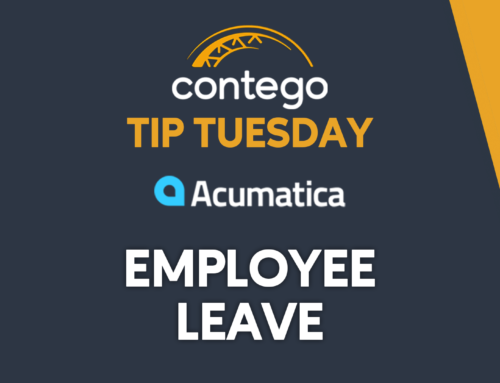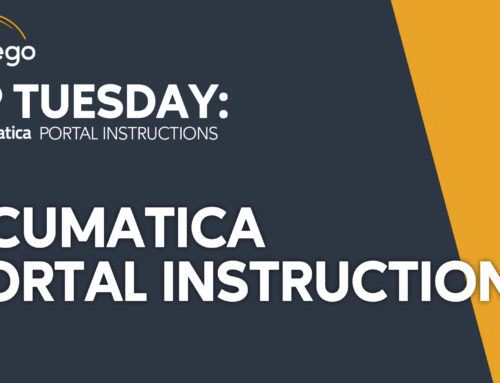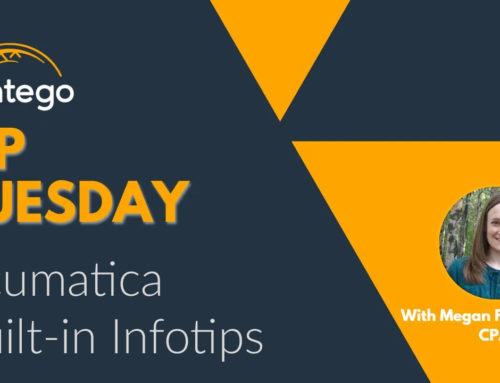What is ERP?
Enterprise Resource Planning (ERP) is an overarching term that defines a process used by organizations and companies to consolidate and manage the most important parts of their business. In simplest terms, ERP helps you and your team do what you need to do better and more efficiently. Considered a full-suite tool, Enterprise Resource Planning software can help with all elements of your operations—from accounting and financials to processing orders and sending out email marketing newsletters. Enterprise Resource Planning tools are right for every business, regardless of size—why spend time organizing your business when a tool can do it for you.
The History of ERP Systems
Enterprise Resource Planning software emerged at a time when businesses began to identify multiple points of inefficiency within their operations. Effective options to address these inefficiencies were few and far between, thus, out of necessity, ERP tools were born.
In the lens of resource planning, Enterprise Resource Planning software is relatively young. The concept did not emerge until the 1990s and was built to extend the role of previously successful, albeit clunky and difficult to operate, Materials Requirements Planning (MRP) and Materials Resource Planning (MRP II). Specifically, ERP was designed to take a holistic approach to resource planning—encompassing HR, marketing, financials and accounting, and more to the already stacked suite of its predecessors. Some early providers of Enterprise Resource Planning software included SAP, Oracle, and JD Edwards and Baan. These early providers worked within a closed network and, at the time, did not capitalize on the widespread adoption of the internet. Widespread internet integration in ERP software did not occur until the early 2000s, more than a decade after the emergence of early ERP options.
What Now?
Through the advances of cloud computing, the Internet of Things (IoT), and server strength we are approaching an era in which the limits of ERP software are few and far between. Now, more than ever is the time to adopt an Enterprise Resource Planning system. However, implementing and adopting an ERP system can seem daunting and for many, the disadvantages seem to outweigh the advantages. We’ve included a list of benefits below to give you the tools to decide whether an ERP software is right for your organization.
The Advantages
1 These Systems Consolidate Your IT Costs
ERP software allows you to reel in your IT expenses. Fewer IT professionals and software that doesn’t take a degree to master means everyone in your organization can become an IT expert. In addition, ERP software offers full integration in all business aspects. Costly IT integration between HR, marketing, finance, and everything else is a thing of the past with Enterprise Resource Planning software.
2 On-Demand Transparency
Perhaps the biggest benefit of ERP software is the ability to always be in the know. Having complete access to all aspects of your business at any time is a major selling point and can mean the difference between catching a costly error on time or missing it. As a bonus, this improved level of transparency allows for an increased level of collaboration between employees, meaning answers are available faster and tasks can be completed more efficiently and with better accuracy.
3 ERP Software is Customer-Centric
These systems track and consolidate data on all your customers, making your job of managing your interactions with them easier. This customer-centric model allows you to meet the needs of your customers faster so you can focus on providing additional value and curating long-term customer loyalty.
4 ERP Offers Next-Level Scalability
Enterprise Resource Planning software grows with you, so you never need to worry about upgrading and integrating new software as your business grows. These systems are modular, meaning that tools can be added or removed when needed or not needed. For example, if you recently identified e-commerce as a promising opportunity for your business, ERP software can offer new tools and functionality to help you achieve success within this new business endeavor.
The Disadvantages
1 The Upfront Cost
Like all high-value tools, Enterprise Resource Planning software is not cheap. Costs usually require large-scale efficiencies to break even, which may not be apparent to your business in the short term. In addition, the upfront cost can deter many organizations from seeking the functionality offered by ERP software.
2 ERP Maintenance
For legacy Enterprise Resource Planning software options, maintenance can be a determining factor for organizations looking to adopt this type of tool. Maintenance can set companies back hours and even days, making the risk versus reward of adopting an ERP software difficult to justify. Today, however, cloud-based enterprise software options, such as Acumatica ERP, can be maintained whenever so you don’t need to worry about hampering your efficiency.
3 System Complexity
Old ERP software options looked like they were living in the 80s and required a comp-sci degree to understand. Today, things could not be more different. It’s true, ERP software is not as simple as other less functional tools. However, ERP has come a long way and is no longer the complex and clunky systems of the 2000s. Most organizations can attest to how easy and intuitive new systems have become.
Moving Forward
The first step to understanding whether an ERP software is right for you is getting a full grasp of your current and future business needs. If you have concluded that your needs are in line with what ERP software can offer, please fill out the form below and we will get back to you on how we think we can help. If you’re looking for further information on ERP software, click here.
Subscribe to our newsletter





Leave A Comment